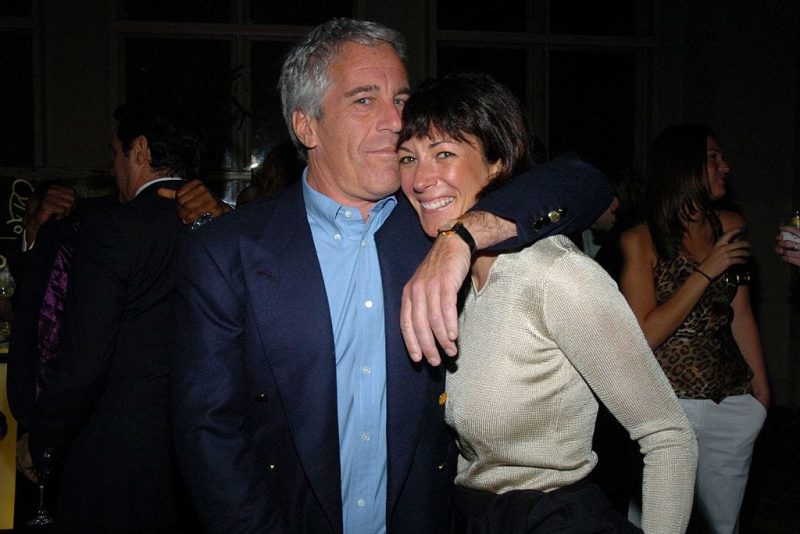- Ghislaine Maxwell, who is charged with aiding in the sexual abuse of young girls, took detailed steps to evade arrest, according to prosecutors.
- When the FBI and other law enforcement arrived at her hideaway estate and announced themselves, she ran deeper into the mansion, where she was protected by private security, they said.
- The FBI had to “breach the door” to get in, prosecutors said.
- Inside the mansion, agents found a cellphone wrapped in tin foil, which prosecutors say was an attempt to avoid being traced by law enforcement.
- Prosecutors released the details in their argument against Maxwell’s request for bail. She is scheduled to be arraigned on Tuesday.
- Visit Insider’s homepage for more stories.
When the FBI announced the charges filed against Ghislaine Maxwell earlier this month, officials said the longtime Jeffrey Epstein associate was “arrested without incident.”
Recently filed court documents, though, say that Maxwell had attempted to flee FBI agents who arrived at her hide-away estate on July 2.
“As the agents approached the front door to the main house they announced themselves as FBI agents and directed the defendant to open the door,” prosecutors wrote in a filing Monday. “Through a window, the agents saw the defendant ignore the direction to open the door and, instead, try to flee to another room in the house, quickly shutting another door behind her.”
Eventually, agents “were ultimately forced to breach the door” of Maxwell’s $1 million New Hampshire home, which was purchased in cash, and took her into custody.
A grand jury indictment from the US Attorney's Office in the Southern District of New York, which includes Manhattan, accuses Maxwell of enticing minors to travel to engage in sexual acts, transportation of a minor with intent to engage in sexual acts, and perjury.

The charges stem from allegations that Maxwell groomed three young girls for sexual abuse by Epstein and herself.
Prosecutors are requesting that Maxwell, who is currently being housed at a Brooklyn detention center, be held without bail. The socialite and heiress has three passports and millions in the bank, making her an "extreme flight risk," they've said.
Her attorneys, though, have denied the charges and accused the media of trying to "substitute her" for Epstein in the wake of the disgraced financier's death by suicide. They have attempted to distance Maxwell from Epstein and used the coronavirus outbreak in their argument for why she should be allowed bail.
In their response, prosecutors released details about Maxwell's attempts to avoid law enforcement in recent months.
When agents searched the New Hampshire home that Maxwell had been living, they located a cell phone that was wrapped in tin foil, prosecutors wrote.
They called it a "seemingly misguided effort" to evade detection by police.
A security guard on the property also told agents that Maxwell's brother had hired a private firm, staffed with former British military members, to guard the home.
"As these facts make plain, there should be no question that the defendant is skilled at living in hiding," prosecutors said.
Maxwell is scheduled to be arraigned in New York on Tuesday.
- Read more on the Maxwell and Epstein cases:
- Ghislaine Maxwell, the woman suspected of helping Jeffrey Epstein run a sex-abuse ring, has been arrested by the FBI
- Here's the indictment against Ghislaine Maxwell, Jeffrey Epstein's longtime girlfriend accused of sexually abusing young girls
- Ghislaine Maxwell was arrested at a $1 million luxury 4-bedroom New Hampshire house that was bought last year in cash
- The life of Jeffrey Epstein, the convicted sex offender and well-connected financier who died in jail awaiting sex trafficking charges
- Jeffrey Epstein died by apparent suicide in jail. Here's everything we know about the convicted sex offender's past, famous connections, and his court case.

